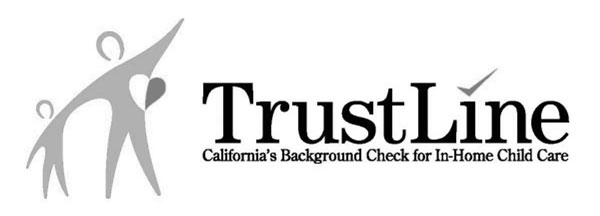When it comes to nutrition and planning for overall health, weight loss, chronic illness, or even battling menopause bloat, there is no shortage of fad diets and supplements to bombard and overwhelm: paleo, keto, vegan, plant-based, intermittent fasting…there is seemingly no end to the options.
So how do you sift through the noise? What does the research really say?
Let’s break this down
Paleo (otherwise known as Caveman, Primal and Hunter-Gatherer) eliminates grains, legumes, corn and dairy and high in plant-based foods, unprocessed foods and is the least extreme of the treands out there.
Keto diets put the body into ketosis, s state in which the body switches from burning glucose to burning fat. It actually originally developed as a treatment for epilepsy. The challenge is that it is so high in protein and fat that in can be very dangerous long term as it is hard for the kidneys to flush out all of the toxins. It also leads to more muscle mass loss than fat loss, which is not ideal.
Vegan diets are those that eschew any food derived from an animal, be it beef or honey. It is an ethical diet. Plant-based diets are those that are rooted (no pun intended) in plant-derived food sources but allow for some flexibility for other food options.
Intermittent Fasting is time-restricted fasting where you take long pauses between meals, anywhere from 12-16 hours to 24-48 hours. The benefits include syncing eating with your circadian rhythm, activation of defense-repair pathways, and short term weight loss. The downside is that many get fixated on disordered eating patterns and it can exacerbate issues for those already battling that kind of illness.
For a healthy approach, let’s look at macros
Macros is short for macronutrients and they are essential to any diet. They are carbohydrates, protein and fat. (The other three essential components to our diet include what are called micronutrients: vitamins, minerals and water.) You ideally want a balance of all three in each meal or snack you enjoy throughout the day.
Carbohydrates, despite the hype, are not the enemy if you choose them wisely. The brain needs the glucose from the carbs to function. High-fiber foods like fruits, vegetables, whole grains, beans and legumes are also high in vitamins, minerals and phytonutrients and literally fuel your body and give you the energy you need to get through the day.
Fats are also essential for satiety and for the absorption of certain vitamins like A, D, E and K. Again, choosing the right fat sources is key. You want to avoid, or surely limit, fats that come in solid form, like lard, shortening, coconut oil, and butter, and opt for those with Omega 3’s like the fats found in walnuts, avocado, olives, almonds, sunflower seeds, peanut butter, chia, seaweeds and flaxseed.
Protein is made up of amino acids which are important for muscle and bone building, weight loss, and hormonal regulation. You can choose lean animal proteins or fish, but you can also safely replace those with plant-based options like soy, legumes, nuts, seeds and quinoa. Those plant options help lower disease risk and inflammation and help lower risk of heart disease, diabetes and some cancers.
This may seem overwhelming, but consider these options:
Breakfast: oatmeal, cooked with soy milk, mixed with walnuts and berries.
Lunch: chickpea, tuna or lean chicken salad on whole wheat bread with lettuce, onion and tomato.
Dinner: Lentil soup or a mixed green salad with avocado and seared salmon
Snack: Apple and peanut butter
There is no need to tackle a new dietary plan alone. For consultation and support, reach out to our partner, Yonni Wattenmaker, at contact@yonappetit.com.







